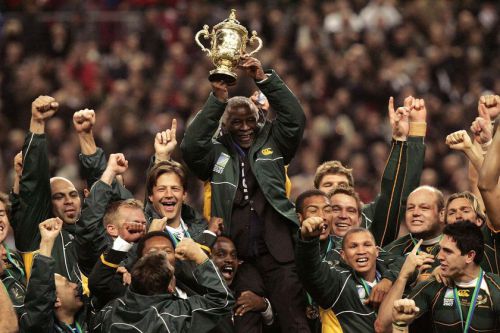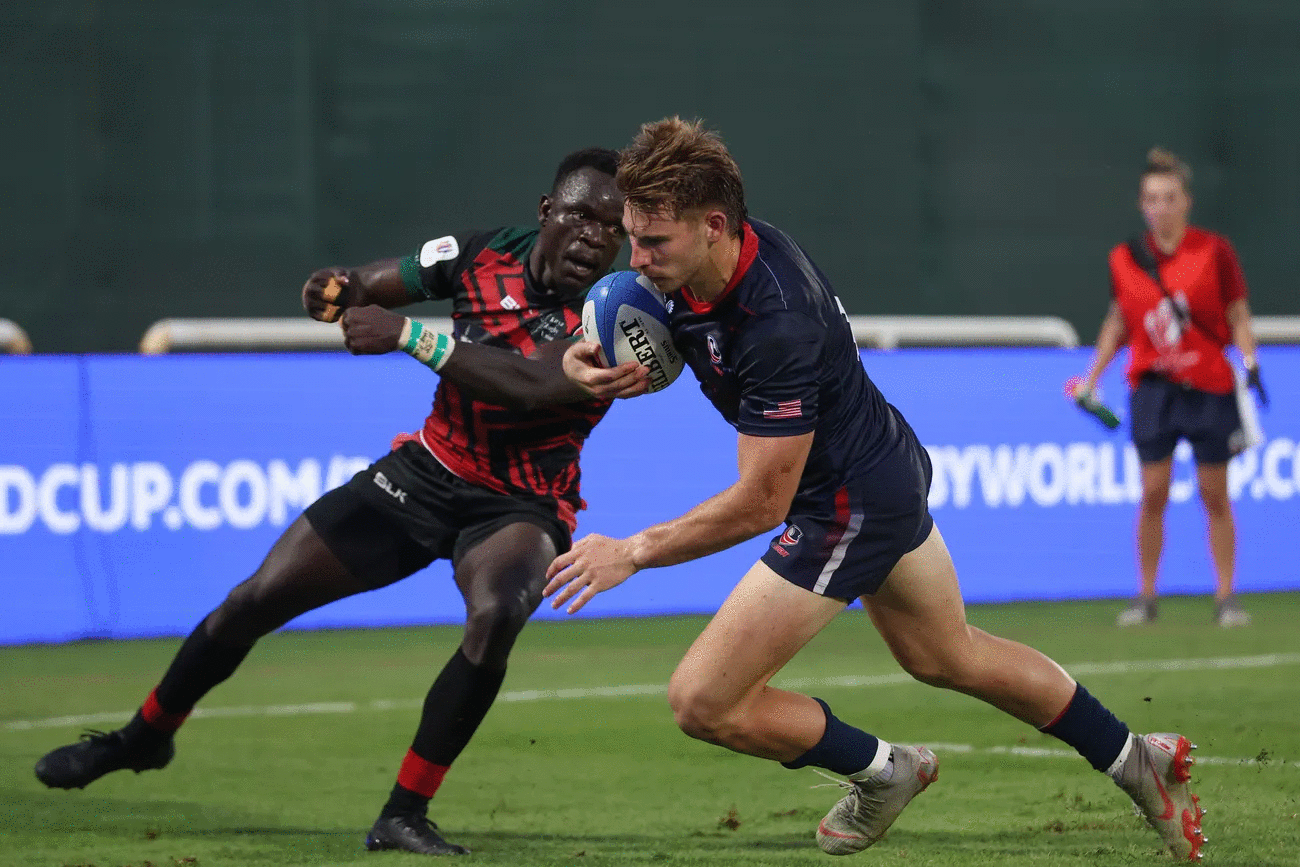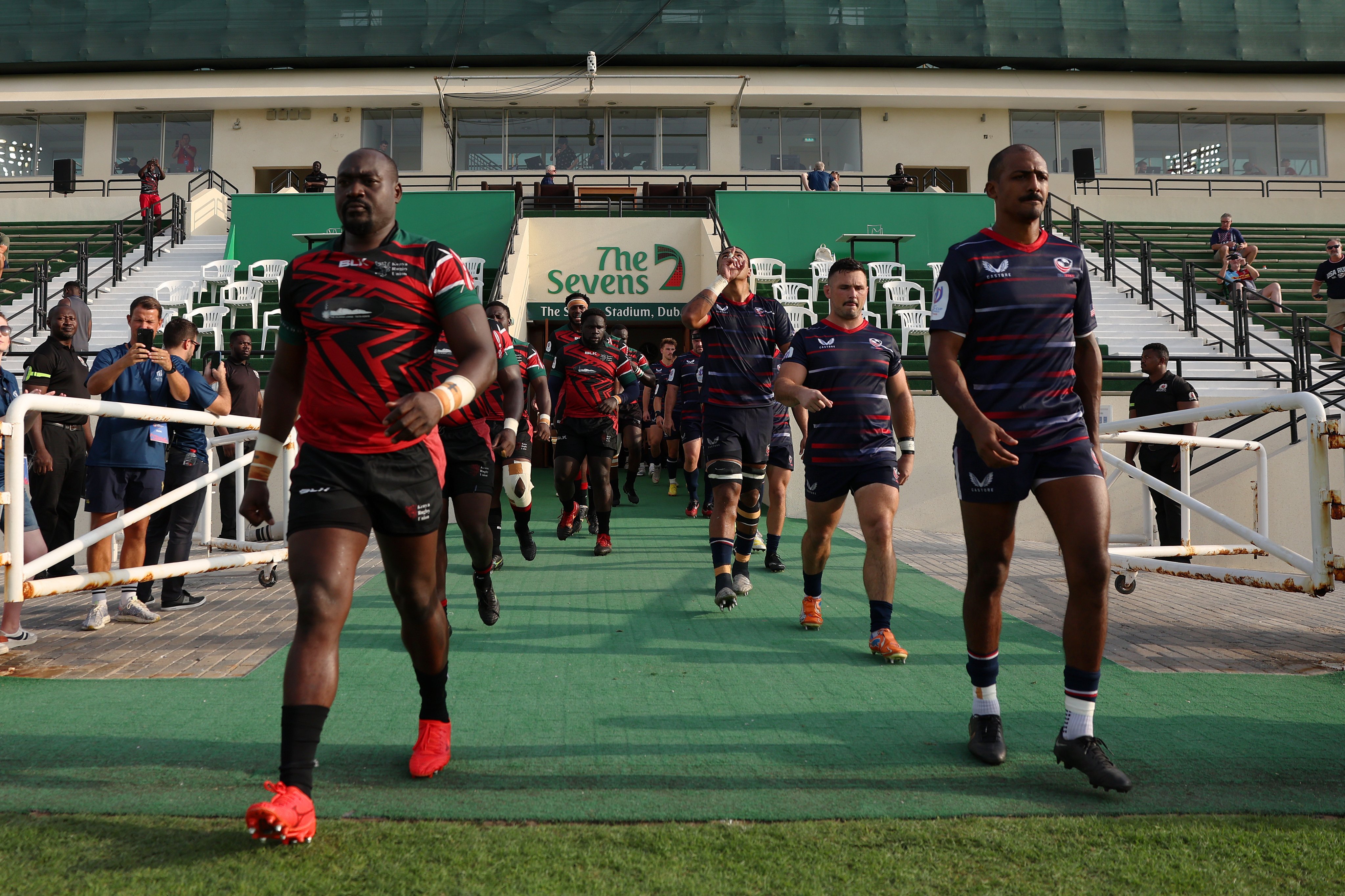As part of a new plan to help South Africa reclaim top position in rugby, the General Council of SA Rugby has taken big measures at what President, Mark Alexander believes, would have far-reaching effects for rugby in the country in time.
[perfectpullquote align=”full” cite=”” link=”” color=”” class=”” size=””]”We have made a number of major decisions today that over time we believe will contribute to making South African rugby stronger and therefore assist the Springboks,”[/perfectpullquote]
said Alexander.
The Council approved constitutional changes formulated to address the need to revamp the Springbok team by restructuring the constitution. Part of re-shaping the system will reduce some of the powers the General Council had in major decision-makings, concerning the future of rugby.
The Executive Council – comprising of five independent members – will take front seat in playing an independent role in determining the future of the sport after the 14 provincial unions handed over power to the now smaller and streamlined Council.
One of the major changes is the introduction of new committees for franchise (Super Rugby) and non-franchise rugby, to ensure that there is a continuous flow in decision making through a flexible communication channel, between Unions and Executive Council. The plan also seeks to encourage cooperation between the Super Rugby franchises.
Alexander also said, “The creation of the new franchise and non-franchise sub-committees gives us a nimbler way to make decisions by providing a more flexible channel of communication between Unions and the Executive Council.
[perfectpullquote align=”full” cite=”” link=”” color=”” class=”” size=””]”The old committee structure has been overhauled and the new committee will make us much more responsive to the needs of rugby.”[/perfectpullquote]
South Africa’s status on the rugby scene has come under criticism after accumulating poor performances by the Springbok team, warranting a need for change. The appointment and dismissal of the Springbok coach will also be decided by the Executive Council led by SA Rugby president – a role that was originally held by presidents of the 14 unions.
In addition to the constitutional changes, other proposals have been approved in hopes of building a solid domestic league that will help set the future of Bok squads.
– Permitting 74% shareholdings in commercial arms of rugby unions by private equity partners.
– Increasing the make-up of the independent and player representation on the Executive Council to five independents with six elected members.
– Introducing new committees for franchise (Vodacom Super Rugby) and non-franchise rugby to focus and streamline decision making.
– Removing the selection committee while retaining a selection convener to work with national team coaches.
– Aligning with the country’s geopolitical boundaries by moving to nine members of SA Rugby, while retaining 14 playing unions.
– Reducing the presidential roles from three to two by removing the vice presidency from 2018.
“The Council decided to open the door for greater private equity investor in rugby and greater business involvement to help recapitalize the game. We make no secret of the fact that in these tough economic times, the rugby business is taking the same strain that every other South African business is facing.
“There is a battle to find and retain sponsors and supporters and we could not continue to do business in the same way. Rugby needed to make major decisions today to find new way of doing things today and we have done that,” Alexander added.
Featured Photo: The Springboks. Courtesy of ABCnetAU
















